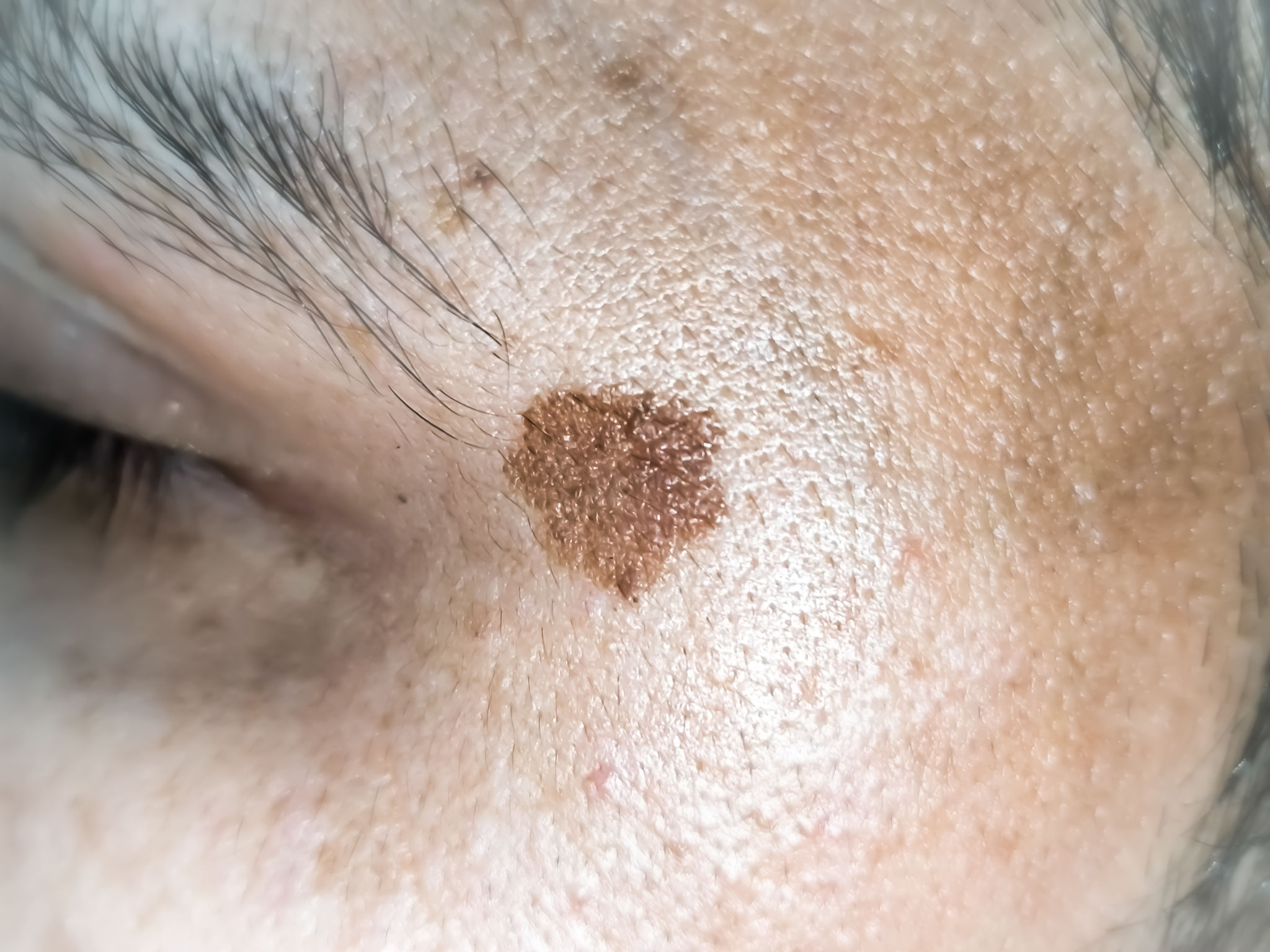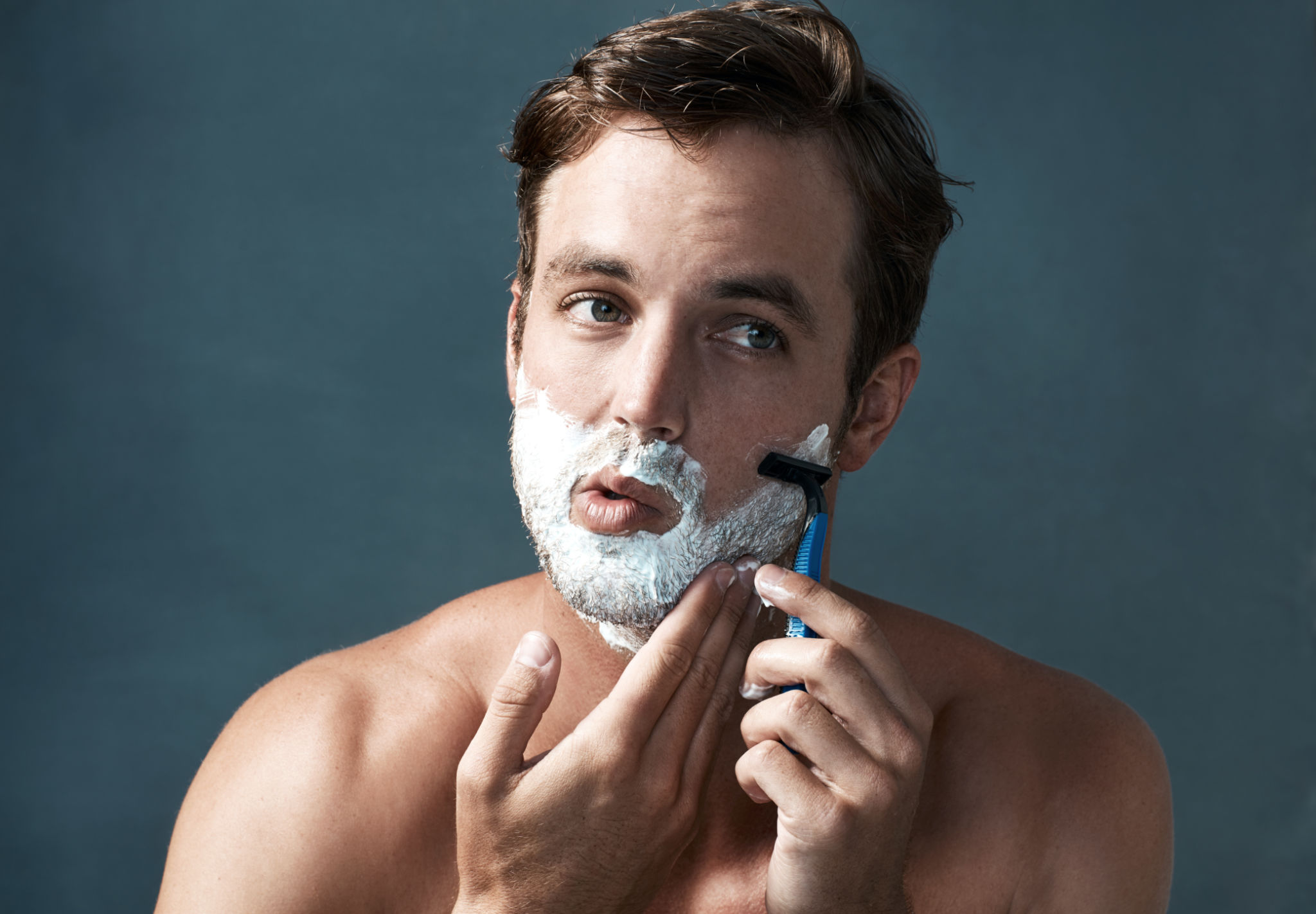Common Misconceptions About Medical Aesthetic Devices
pe
Understanding Medical Aesthetic Devices
Medical aesthetic devices have become increasingly popular in recent years, offering a variety of treatments from skin rejuvenation to body contouring. However, there are several misconceptions about these devices that can lead to confusion or unrealistic expectations. In this blog post, we will explore some common misconceptions and provide clarity on what these devices can and cannot do.

Misconception 1: All Devices Are the Same
A significant misconception is that all medical aesthetic devices offer the same results. In truth, each device is designed for specific treatments and outcomes. For instance, laser devices used for hair removal function differently than those used for skin resurfacing. It's crucial to understand the unique capabilities and limitations of each device to achieve the best results.
Different technologies, such as laser, radiofrequency, and ultrasound, have distinct mechanisms of action. Therefore, choosing the right device based on your specific needs is essential. Consulting with a qualified professional can help determine the most appropriate treatment for your desired outcome.
Misconception 2: Instant Results Are Guaranteed
Another common myth is that medical aesthetic devices provide instant results. While some treatments may show immediate improvements, most require multiple sessions to achieve optimal outcomes. For example, treatments like laser hair removal typically require several sessions over a few weeks or months to see significant results.

Patience is key when undergoing aesthetic treatments. Understanding the treatment plan and timeline can help manage expectations and ensure satisfaction with the final results.
Misconception 3: These Devices Are Only for Women
It's a widespread belief that medical aesthetic devices are only for women. However, men are increasingly seeking these treatments for various concerns, such as reducing wrinkles, removing unwanted hair, and improving skin texture. The demand for male-oriented aesthetic treatments is growing, and many devices are designed to cater to both men and women.
Embracing these treatments can be a confidence booster for anyone looking to enhance their appearance, regardless of gender.

Misconception 4: Aesthetic Devices Replace Surgery
While medical aesthetic devices offer non-invasive or minimally invasive alternatives to surgery, they do not entirely replace surgical procedures. Non-surgical treatments typically have a shorter recovery time and fewer risks but may not provide as dramatic results as surgery. For example, non-surgical body contouring can help reduce fat and tighten skin but may not achieve the same level of transformation as liposuction.
Consulting with a healthcare professional can help determine whether a non-invasive procedure or surgery is more suitable for your goals.
Misconception 5: All Providers Are Equally Qualified
Not all providers offering treatments with medical aesthetic devices have the same level of expertise. It's essential to choose a qualified and experienced provider to ensure safe and effective treatment. Look for professionals with relevant certifications and training in the specific device and procedure you are considering.

Researching reviews and testimonials from previous clients can also provide insight into the quality of care you can expect.
Conclusion
Understanding the facts about medical aesthetic devices can help you make informed decisions about your treatment options. By debunking these common misconceptions, you can approach your aesthetic goals with realistic expectations and confidence in the process. Always consult with experienced professionals to determine the best course of action for your individual needs.